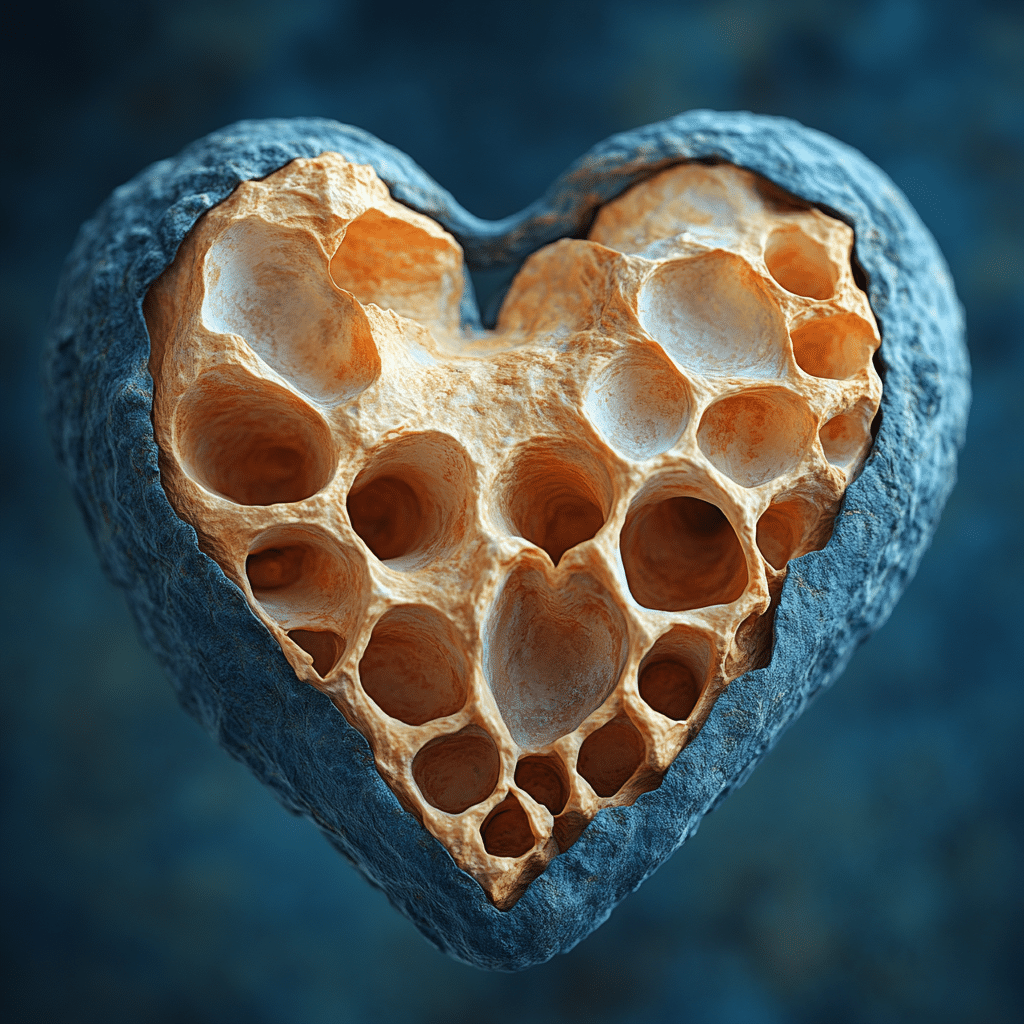Heart palpitations can feel like a racing, fluttering, or pounding heart, often leaving you feeling uneasy and questioning what’s happening inside your body. You might wonder, “What are heart palpitations really telling me?” While common and sometimes harmless, understanding why they happen is crucial. Let’s break down the various reasons behind these sensations, how they relate to our daily lives, and when we should seek help. Buckle up, because knowledge is power, and in the journey to get shredded, being informed about every facet of health is fundamental.

7 Common Causes of Heart Palpitations
1. Caffeine Consumption
Let’s face it—many of us rely on caffeine from coffee, energy drinks, or even caffeinated teas to power through our days. However, excessive caffeine consumption can cause your heart to race. For instance, drinks like 5-hour Energy pack a serious caffeine punch, which can lead to increased heart rates in folks who are sensitive to it. So, while you strive for that ripped six-pack, keep an eye on how much java you’re tossing back.
2. Stress and Anxiety
Hey there, look around—life can be stressful! Emotional stress and anxiety are significant contributors to palpitations, as documented in a study published in the Journal of Affective Disorders. This research revealed a clear connection between anxiety disorders and more cases of palpitations. First-time patients often mistake these feelings for heart issues, but they’re usually tied to anxiety. So next time you’re in a crunch, remember to breathe, relax, and let’s not let stress stand in the way of your goals.
3. Hormonal Changes
For the ladies and gents out there, hormonal fluctuations can also be a culprit. Think about it: during menopause, pregnancy, or even your menstrual cycle, hormonal changes can trigger palpitations. Doctors explain that rising levels of hormones like estrogen can affect your heart rhythm. It’s one of those things we often overlook, but staying aware of these changes can make a world of difference.
4. Physical Activity
Hold on now—wasn’t that supposed to be a good thing? Usually, exercise is fantastic for maintaining heart health, but intense workouts, particularly if you’re new to them, can lead to temporary palpitations. Isn’t it wild how even top-notch athletes, like marathon runners, can experience this? Their bodies undergo tremendous changes, resulting in an increased heart rate during training. Just remember: listen to your body and ease into those workouts if you’re just starting!
5. Medical Conditions
Don’t brush this off! Various medical conditions, such as hyperthyroidism or anemia, can cause your heart to beat funny. Hyperthyroidism, in particular, occurs when the thyroid gland is overactive and produces too many hormones, speeding up your metabolism and in turn, your heart rate. Always keep track of your health; it connects directly to how you feel and perform in the gym.
6. Medications
It’s not just the illegal stuff; some prescribed medications can also affect your heart. Bronchodilators and certain over-the-counter cold medications, particularly those containing stimulants, can induce heart palpitations. A classic example includes pseudoephedrine found in decongestants like Sudafed. If you’re taking these and feeling a bit off, don’t hesitate to have a chat with your doctor about alternatives.
7. Substance Use
Let’s keep it real—alcohol and recreational drugs can wreak havoc on your system. Substances like cocaine and amphetamines are notorious for causing heart palpitations, leading to many emergency room visits. Staying clear of these not only keeps the palpitations at bay but is also essential for achieving that chiseled look you’re after. Focus on clean eating and staying hydrated instead.
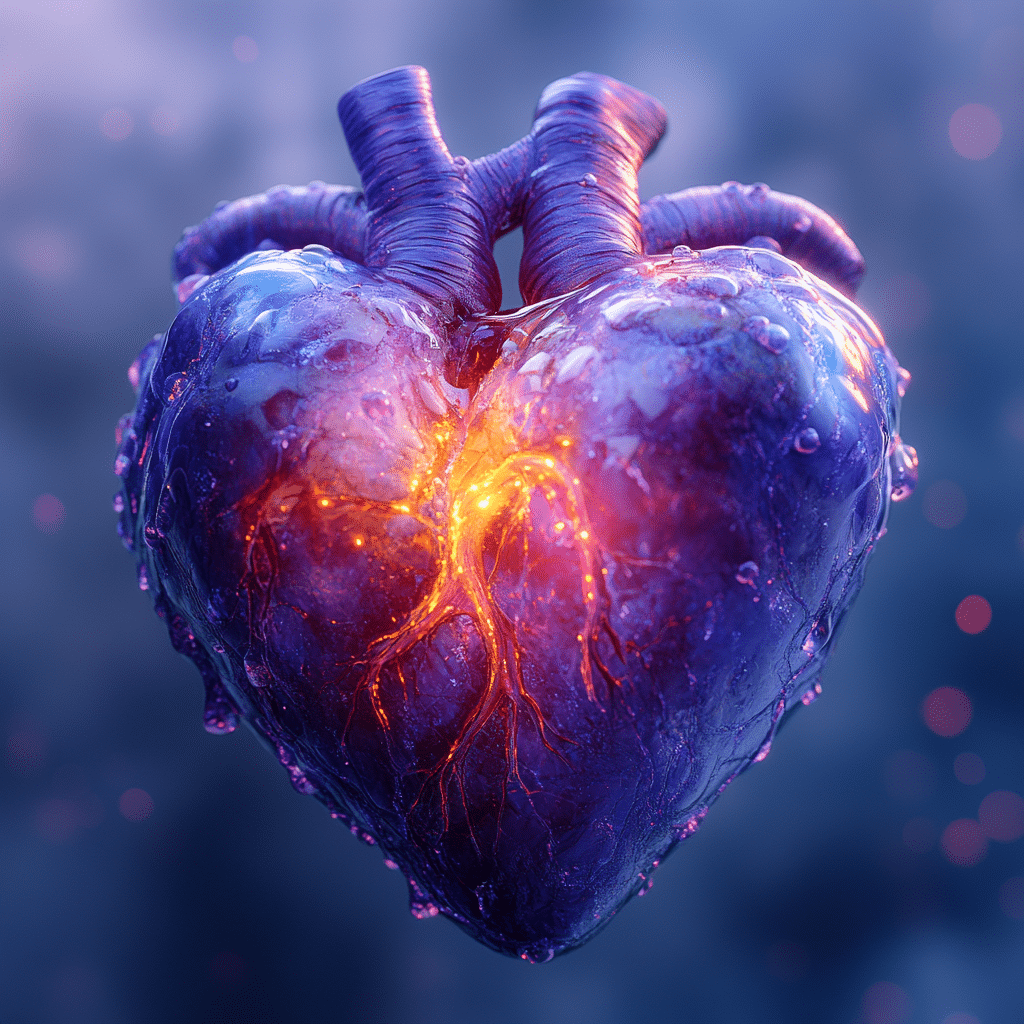
What Are Heart Palpitations Telling Us About Our Health?
Occasional heart palpitations might be harmless, but make no mistake—they can be your body’s way of signaling deeper issues. If you’re feeling them regularly, it’s time to investigate. Understanding the basic physiology can shed light on what’s happening. The heart operates through an electrical system that controls its rhythm. When this system gets disrupted, palpitations can occur. It’s like a DJ messing up the beats; the music just doesn’t sound right.
Understanding the Physiology Behind Palpitations
The heart’s electrical system controls its rhythm. When you trigger excess stimulation or when the heart isn’t responding well, palpitations may arise. It’s essential to recognize that what your heart is doing reflects how your body is functioning overall. Whether it’s lifestyle choices or unforeseen medical conditions, the root cause plays a vital role in your health and fitness journey.
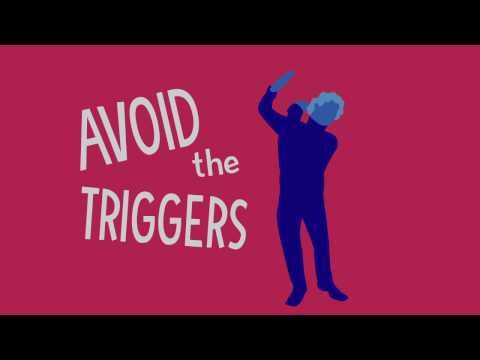
Where Is the Gallbladder and What Role Does It Play?
Now, let’s switch gears for a moment and take a look at other organs and how they contribute to your overall wellness. For example, where is your gallbladder located? Nestled beneath the liver, the gallbladder stores bile and is crucial for digestion. If issues like gallstones crop up, they can indirectly contribute to discomfort and stress, resulting in palpitations. It’s this kind of interconnectedness within our bodies that we often overlook.
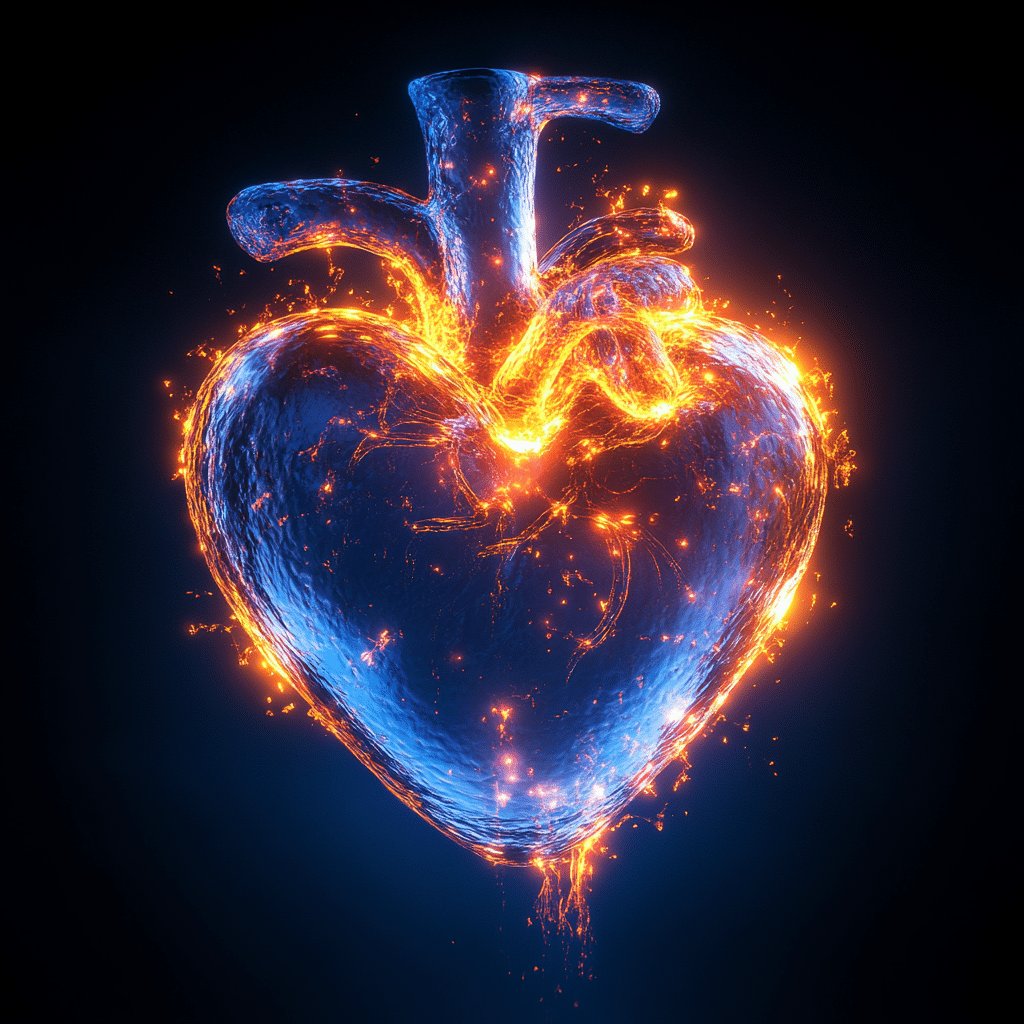
Where Is Your Pancreas and What Does It Do?
Let’s not forget about another heavyweight player—the pancreas! Located behind your stomach, it’s essential for digestion and regulating blood sugar. Disorders like pancreatitis can trigger systemic stress responses that could lead to heart palpitations. Being aware of where your pancreas is located and what it does can help you appreciate how your various organs work together.
Can You Live Without a Pancreas?
Now, let’s get serious for a moment. Some individuals undergo pancreas removal surgery due to severe conditions, like pancreatic cancer. After such an operation, managing blood sugar levels becomes paramount, significantly influencing your cardiovascular health. This illustrates the point that our organs work in harmony, and when one is out of the system, it affects others.
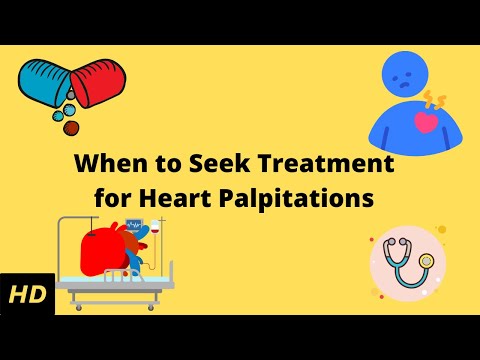
Final Thoughts on Heart Palpitations
In the journey of becoming the best version of yourself, understanding what are heart palpitations is essential knowledge. They can reveal crucial insights into your health, helping you pinpoint the balance between lifestyle choices and physiological responses. From the caffeine you consume to the health of your pancreas and gallbladder, everything plays a part.
So, next time your heart skips a beat, don’t panic—stay informed, stay proactive, and, most importantly, stay on track with your fitness goals. Recognize the signs, and don’t hesitate to seek medical guidance if necessary. Your body is your most powerful tool for achieving those shredded goals, and keeping your heart healthy is a vital step in ensuring that you look great and feel even better! Keep pushing, keep growing, and unleash the beast within you!
What Are Heart Palpitations?
Heart palpitations are those peculiar feelings in your chest that can make you stop and wonder, “What’s going on in there?” They often feel like your heart is racing, fluttering, or skipping beats. While they can be alarming, especially when connected to other concerning symptoms, many people experience them at some point, often without any serious issues. A fun fact: many individuals describe this sensation similarly to the excitement felt when indulging in a feast at a lavish spot like the Caesars Palace buffet, where a rush of delicious choices can quicken the pulse!
Causes and Triggers
So, what causes these palpitations, you ask? They can stem from a range of triggers, including stress, caffeine, or even intense exercise – think about your heart racing after a good workout! Like hitting that concrete operational stage in childhood development when everything starts to click, the reasons can vary widely from person to person. Some could be linked to underlying medical conditions, and others might be just a reaction to daily life situations. The subtle whirlwind of emotions can be as surprising as finding out someone as well-known as Stephen A. Smith has daughters who are quite impressive themselves, showcasing how life can surprise us!
When to Seek Help
While many heart palpitations are harmless, knowing when to consult a medical professional is key. If your heart feels like it’s doing gymnastics—and not in a good way—it’s smart to reach out for advice. And while you’re at it, if you find yourself feeling a bit light-headed, it could be beneficial to lay down for a moment to steady yourself. Palpitations can sometimes be tied to anxiety, a bit like how the House Of Payne cast keeps everything tumbling and entertaining!
In essence, heart palpitations are common but should always be taken seriously, especially if they occur alongside other symptoms. Eating a balanced diet, akin to incorporating health-conscious items like egg white into meals, can help maintain overall heart health. If you find yourself frequently feeling a flutter, make your next call a check-in with a healthcare professional—they might help you find clarity in that racing heartbeat!
